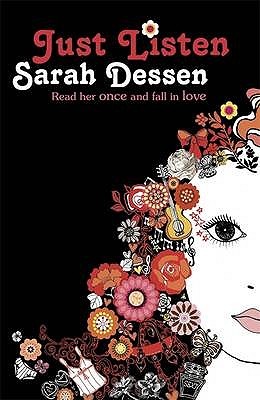While I don't believe it to be the most important story of the day, or even news worthy at all, I do think there is much to think about. While the majority of media ignores the real issues, there have been (a few) particularly good articles.
Chelsea Fagan talks about the gleeful and vitriolic hatred of Miley Cyrus that has nothing to do with valid criticism of her choices as an artist, and everthing to do with her as a young woman, trying to move on from her Disney past:
"It would be foolish to pretend, though, that the majority of the people making jokes about the size of her ass or bemoaning how “slutty” she has become are well-versed in the more nuanced reasons as to why her persona might be worthy of criticism."The valid criticisms have to do with Miley Cyrus' appropriation of aspects of African American culture. While as a white Australian I really don't have the knowledge or experiences to discuss this, I've read some great articles (this is the best).
I have something of soft spot for Miley, dating back to my Disney Channel days. I find her music catchy, and nostalgic. I used to be able to do the entire 'Hoedown, Throwdown'. Liking her doesn't excuse her from critical analysis, doesn't mean her work isn't problematic, doesn't mean she can do what she wants to without consequences. I find her recent, flippant appropriation of aspects of a culture she has no experience of appalling. I hope she realises this one day.
I still think she deserves to be treated like a human being rather than vilified. You can be critical without being cruel. You can dislike someone's work without attacking them as a person.
What bothers me most about the hatred directed towards Miley, the jokes at her expense etc, is that it is disgustingly obvious Robin Thicke, or any other male musician, will never, ever, face this kind of criticism.
As Sarah Ditum explains in her article:
"If you wanted a six-minute guide to the prejudices of the entertainment industry, this performance has it covered: white men run the show, black men play support, all the women get mostly naked, and black women get to hold up the bottom of the objectification pile."Miley Cyrus' song "We Can't Stop" is extremely problematic, but so is Thicke's song "Blurred Lines" which is essentially about rape. Thicke himself has said it is degrading to women, and seems to think because he is married with a child that makes it okay:
"Of course it is. What a pleasure it is to degrade a woman. I've never gotten to do that before. I've always respected women."
If that statement doesn't make you feel sick in your stomach, you should probably think seriously about your assumptions about women.
Music is part of our culture, and all aspects of the music industry influence our cultural beliefs and attitudes about gender. Men and women are treated differently. Women are objectified, sexualised and used by men for 'shock factor' and then the responsibility falls on women. Miley Cyrus is being treated horrifically for something that Robin Thicke was also responsible for (given the age difference I'd probably argue more so).
If you google "Miley Cyrus"(in Australia) the first link is from WA Today, "Miley Cyrus' 'soggy bread bum' gets women talking", and the second is from the Brisbane Times, "Miley Cyrus in control of Operation Kill Hannah Montana." These are followed by various negative articles and blog posts.
Google "Robin Thicke" and you get "What does Robin Thicke's wife think of the Miley Debacle?" (apparently she doesn't care), you get articles critical about Miley Cyrus and you get articles about Thicke and his family being critical of her. What you don't get is anyone questioning his actions as if he was somehow removed from the performance, as if he was not completely complicit in the nature of the performance.
This incident demonstrates to me the double standard for gender that people are so fond of saying doesn't exist. On Facebook a few friends pointed out the different reactions to Miley Cyrus and to Lady Gaga (quality aside) and a key thing raised is that Miley Cyrus isn't just female. She was Hannah Montana, she's conventionally 'hot' (skinny, white, long legs etc) and she is explicated linked to teenage girls. Of course we all know anything teenage girls do or like is worthy of ridicule. Whether it's The Last Song or gyrating against a teddy bear Miley Cyrus is consistently vilified by a significant portion of people.
Instead of discussion about the quality of performance or about the fact Robin Thicke remained fully clothed while Miley Cyrus stripped (which, rather than being controversial, is completely predictable) or the issues of cultural appropriation in Cyrus' work or rape culture in Thicke's all people can do is call Miley a slut and post photos of her butt on tumblr.



